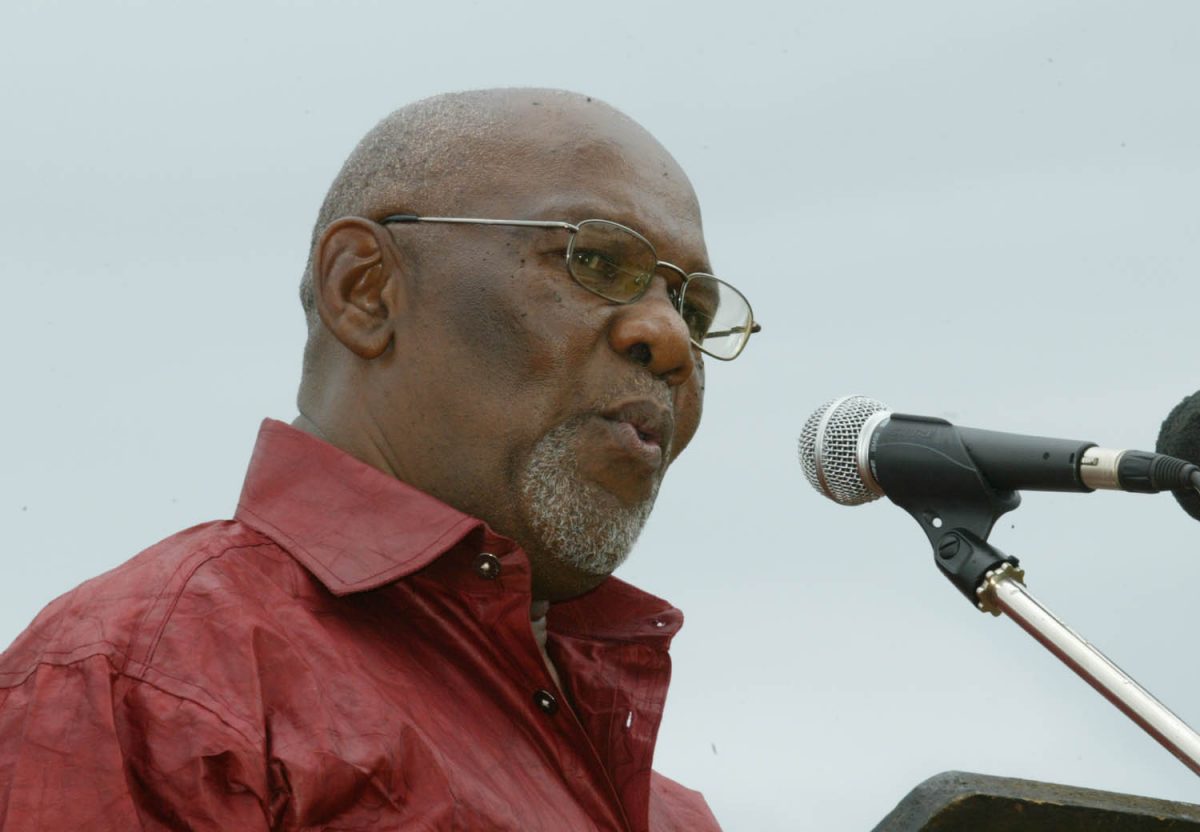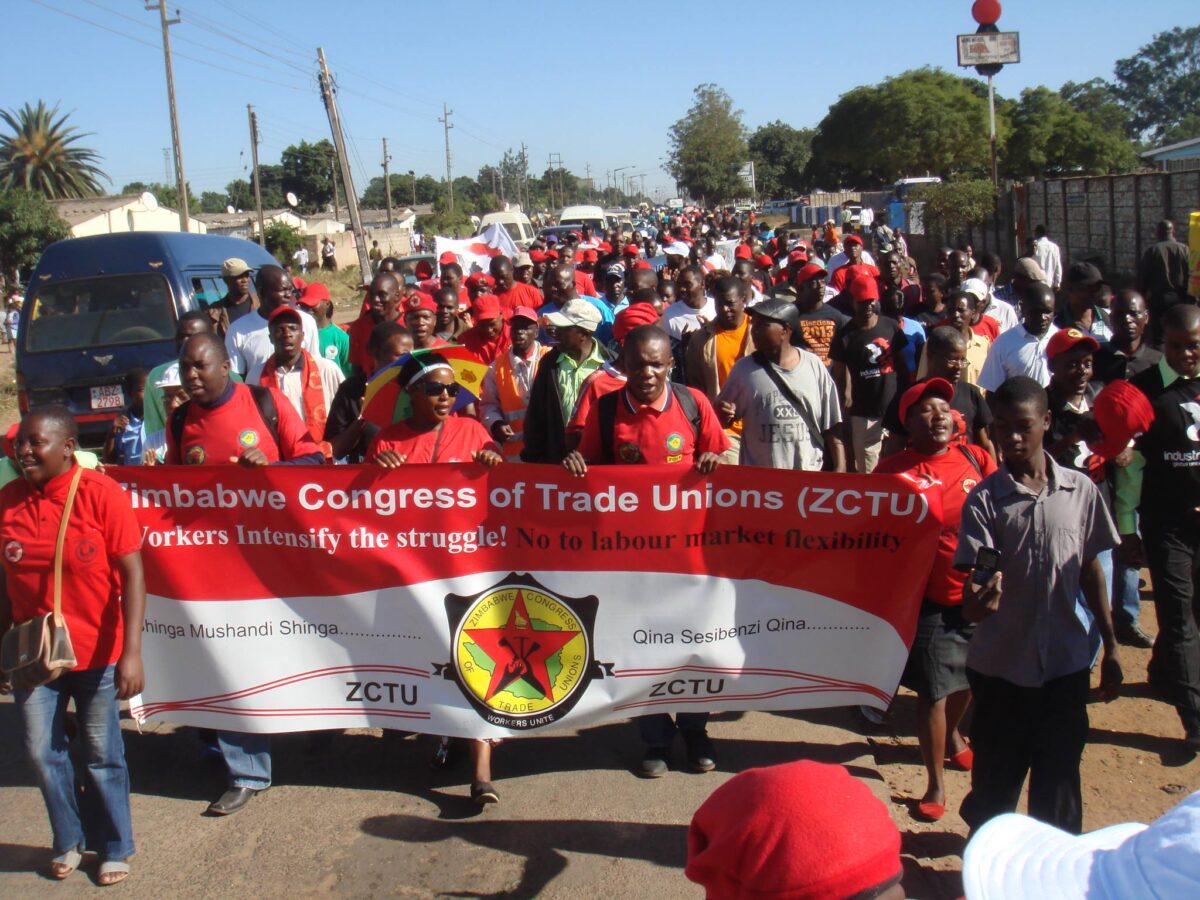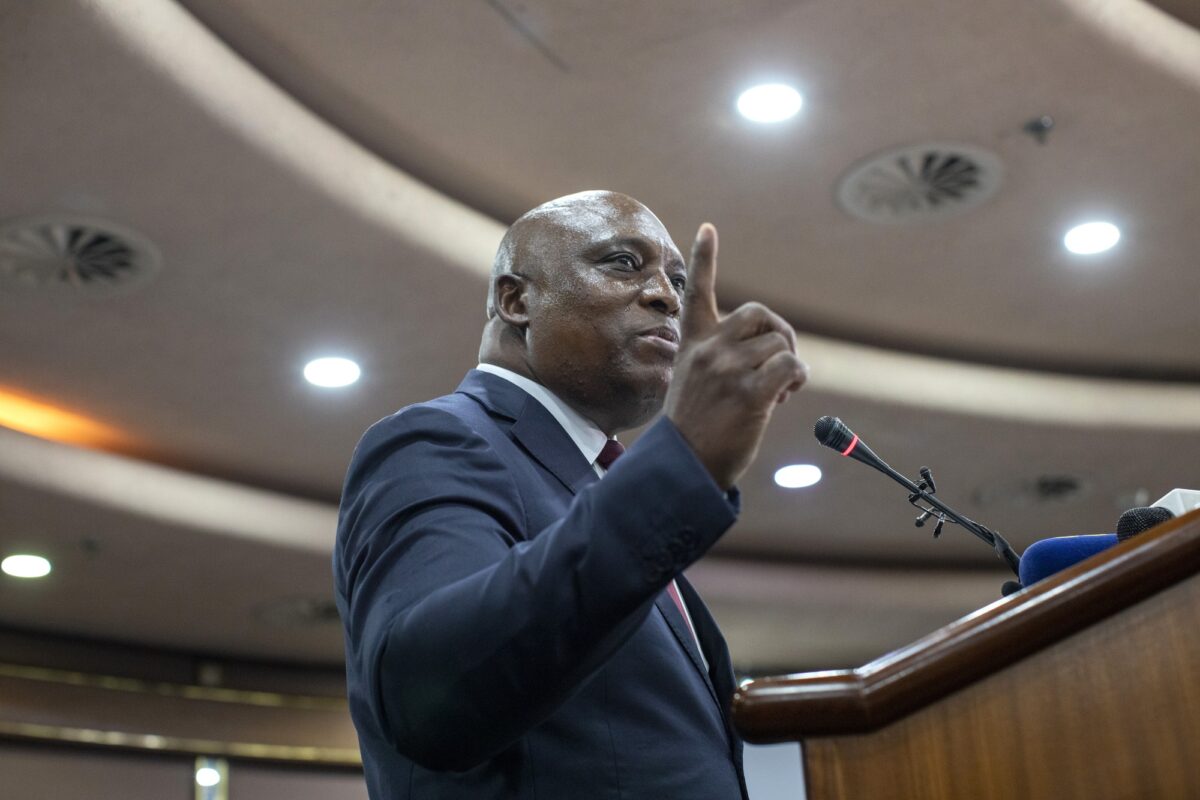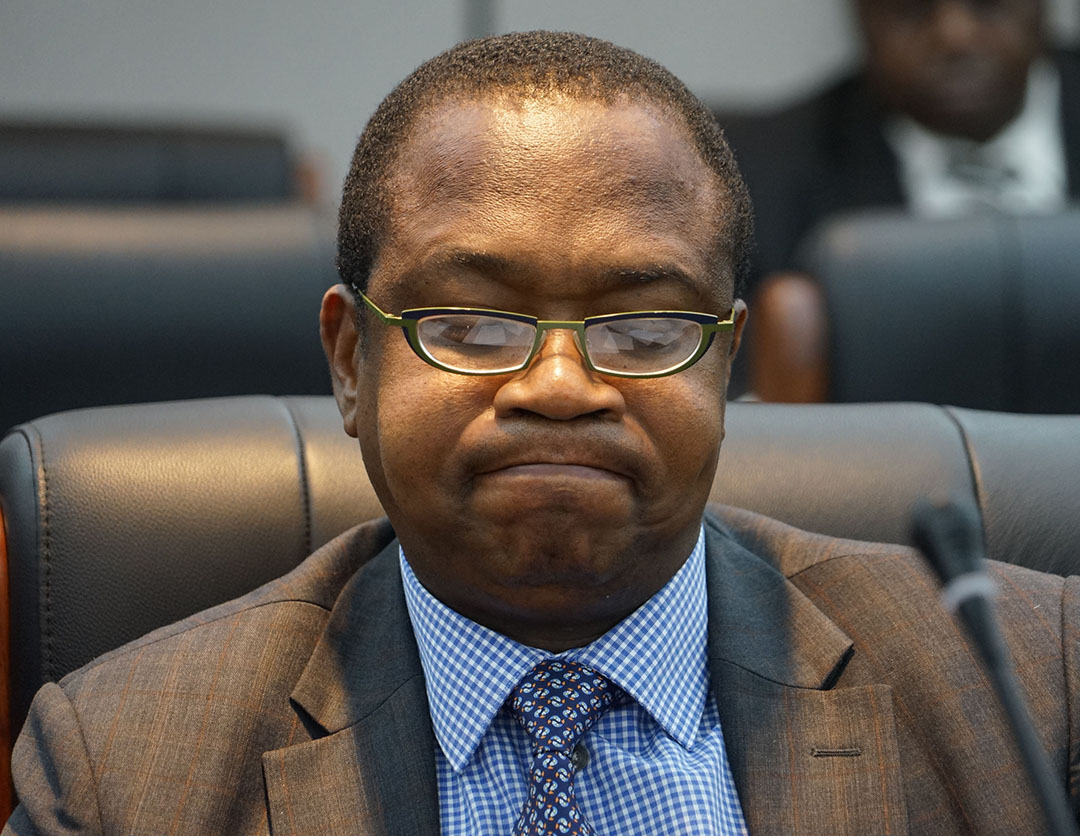BULAWAYO – ZAPU has proposed that the country’s 10 provinces be reduced to five so that they become more sustainable once government implements devolution of power as envisaged in the new constitution.
The party says that under a devolved system, five provinces namely Manicaland, Mashonaland, Masvingo, Matabeleland, Midlands will reduce the number of provincial governments that rely from national coffers.
Zimbabwe, with a population of 13 million people, currently has 10 provinces – Bulawayo, Harare, Midlands, Matabeleland North, Matabeleland South, Manicaland, Masvingo, Mashonaland East, Mashonaland Central and Mashonaland West.
The constitution, however, excludes metropolitan provinces from having provincial councils, which would leave out Harare and Bulawayo.
ZAPU says establishing provincial governments for the provinces as they are currently constituted will be a drain on the national fiscus, comparing Zimbabwe with South Africa which has a population of 56 million people but just nine provincial governments.
Zapu leader, Dumiso Dabengwa, addressing journalists on the party’s position on the implementation of devolution articulated by the government, argued that five provinces would have better control over their natural resources and environmental issues within their geographical jurisdiction with less friction.
He acknowledged government’s attempts to implement devolution, one of the key reforms established by a 2013 constitution, but said it had no clue on how to implement it.
“I’m a realist and I believe we have a dejure government with us today, whether you like it or not the current Zanu PF is unlikely to change until 2023,” Dabengwa said, noting President Emmerson Mnangagwa’s disputed victory in the July 30 elections.
“They have come up with an idea of dealing with devolution, which they consider is in the hearts of most of the people in the region and they have decided to bring it forward for it to be debated.”
Although Zapu had lost the elections, Dabengwa said the party decided to channel its energies in pursing devolution.
“We held a National Peoples’ Council meeting with the grassroots and it was a very honest meeting. People really emptied their chests, some shed tears because of the anger on how things didn’t go their way. The secretary general read a report from provinces summarising feelings and one issue that received prominence was devolution where the party was urged to pressure the government. To our pleasant surprise, the Ministry of Justice announced that a Bill to that effect would be introduced,” he said.
The former Home Affairs Minister said it would be folly for the government to ignore devolution given that six provinces had voted for it in the referendum.
“If you followed the writing of the constitution, you will remember the vibes from former President Robert Mugabe, who was completely certainly against devolution. Mnangagwa followed suit without being very vocal about it and similarly the leader of the opposition at the time, the late Morgan Tsvangirai, was also anti but was in favour of what he called decentralisation than devolution. Later, Mngangagwa changed his stance and decided to adopt it since it was already in the constitution,” said Dabengwa.
“When Mnangagwa looked at the way people voted during the last referendum where almost the entire Matabeleland provinces, the Midlands and altogether six provinces came out unanimously in favour of devolution and that this was election time, he had to find himself agreeing with the majority people who wanted devolution.”
Dabengwa said it is important for the nation to accept the challenge by the government to have the Bill drafted and afterwards people would be able to add their views.
“It is that stage where we will sit down here and be able to spell out what our suggestions are but I think for now what is important is to accept the gesture by government on having the bill of devolution tabled to parliament for the sake of discussion.
“Zapu will continue to advocate for deepening of the provisions beyond what is contained in the 2013 constitution and will insist on the full implementation of what is currently provided for.
“Zapu believes that provisions for devolution of power to the provinces must be entrenched so that essential detail should not be left to acts of parliament and once adopted should be amended only by a national referendum.”
















